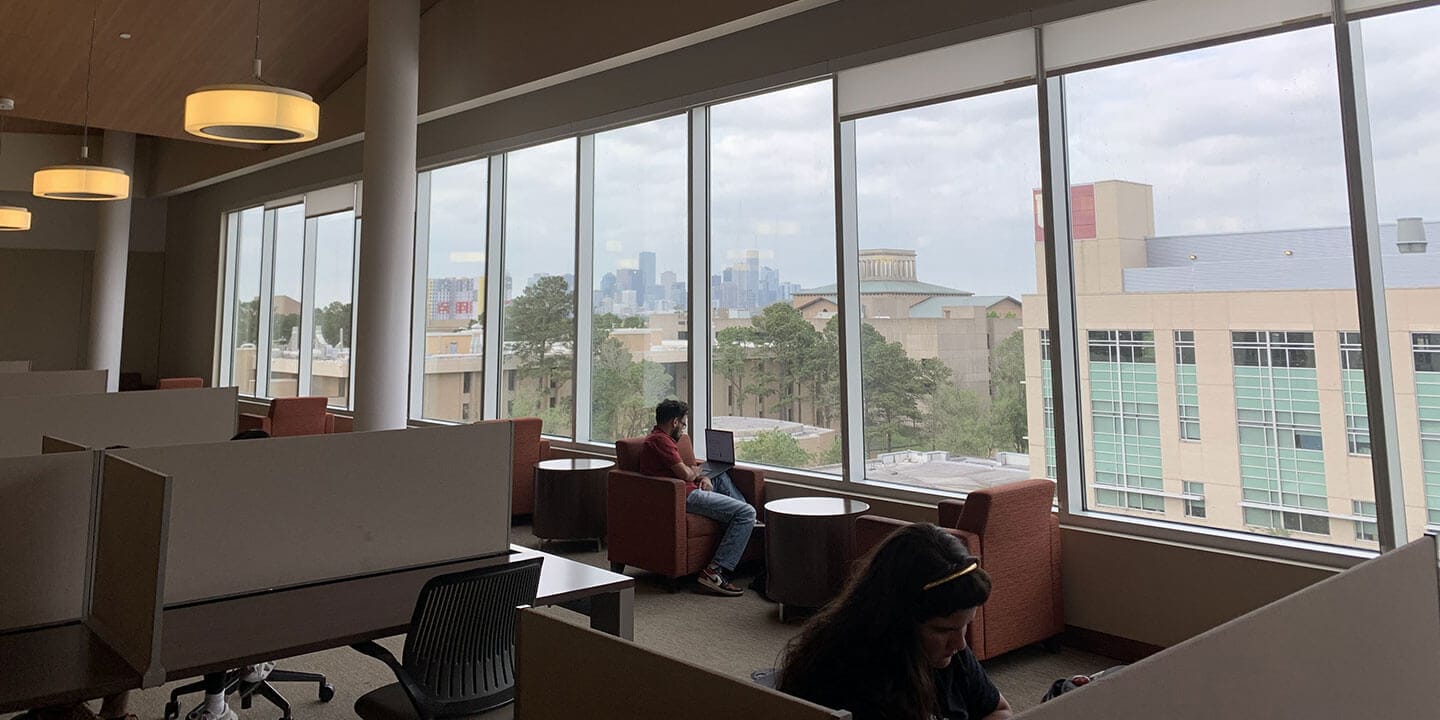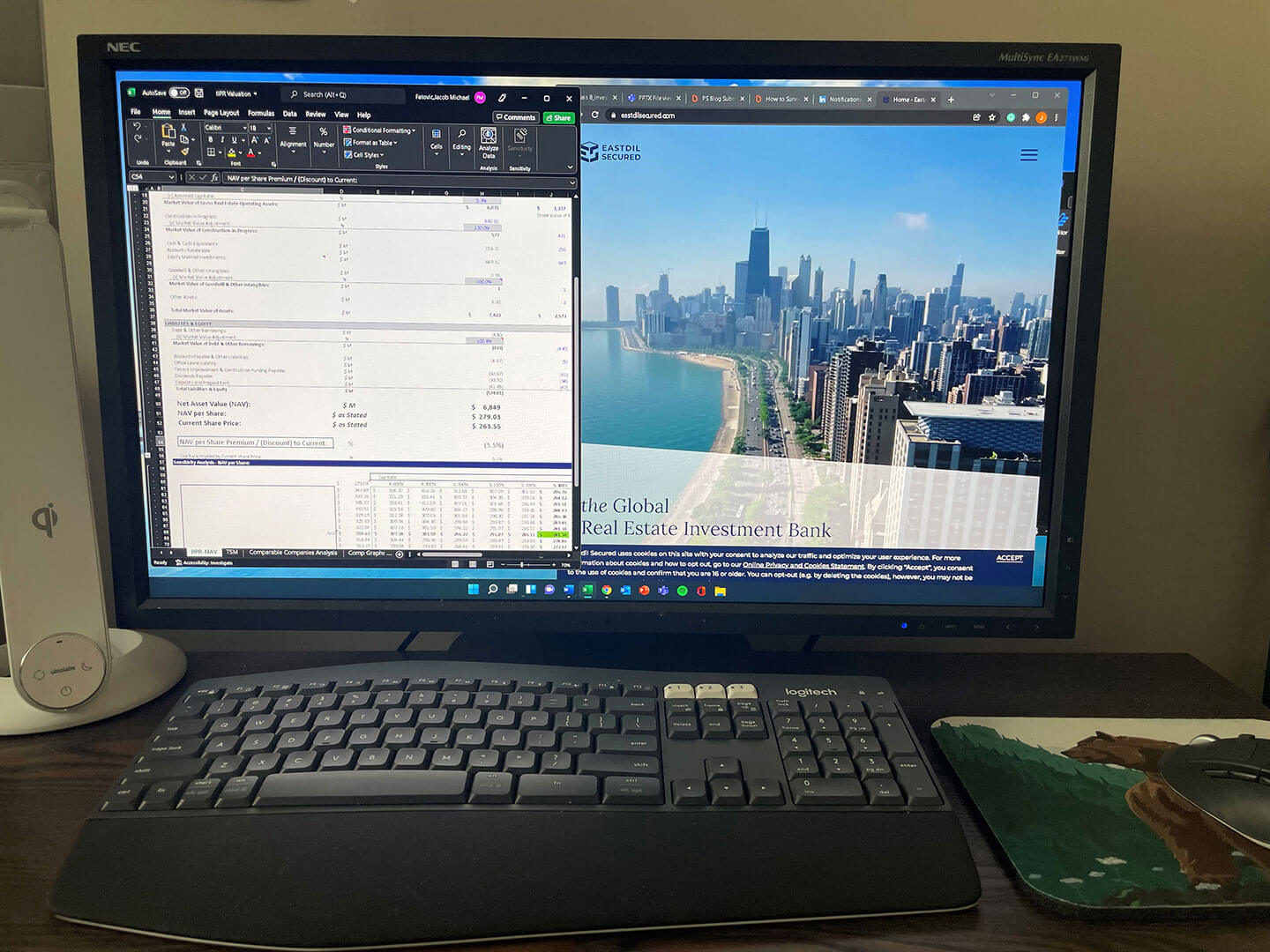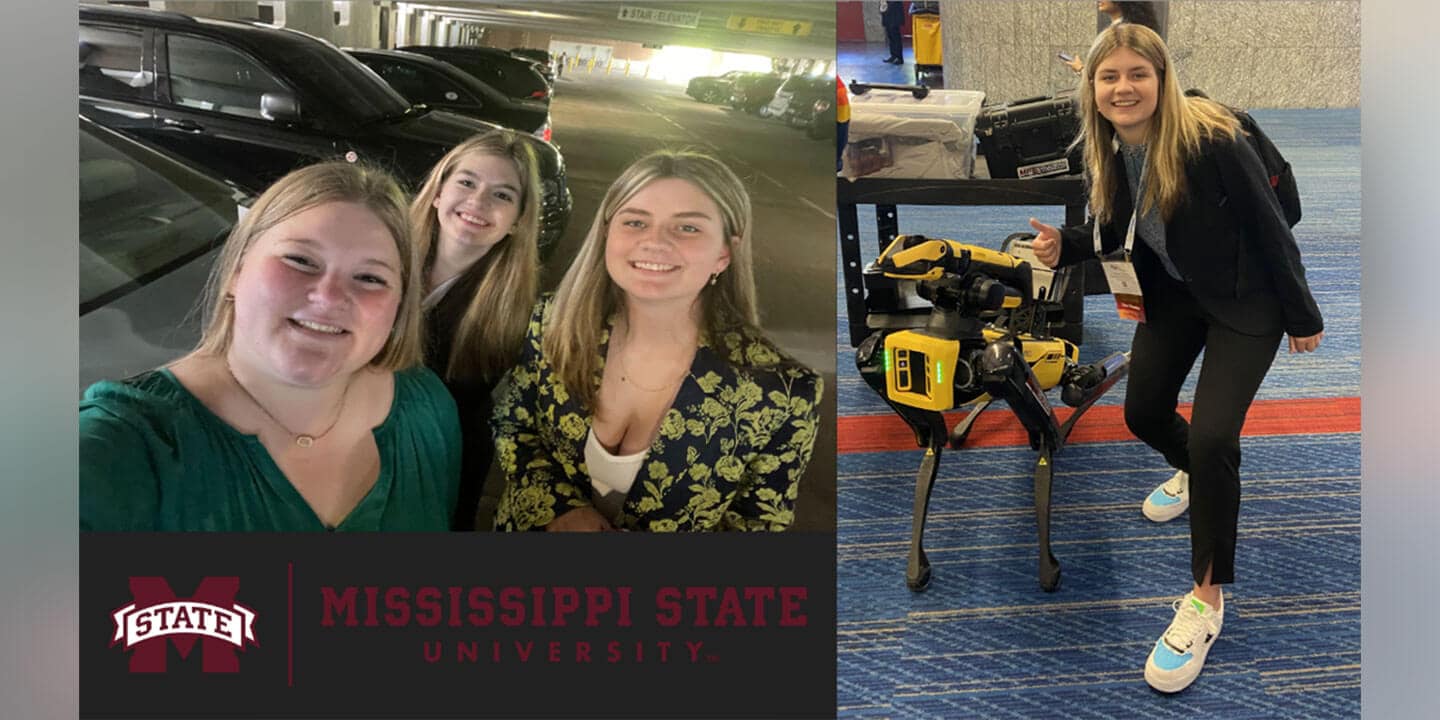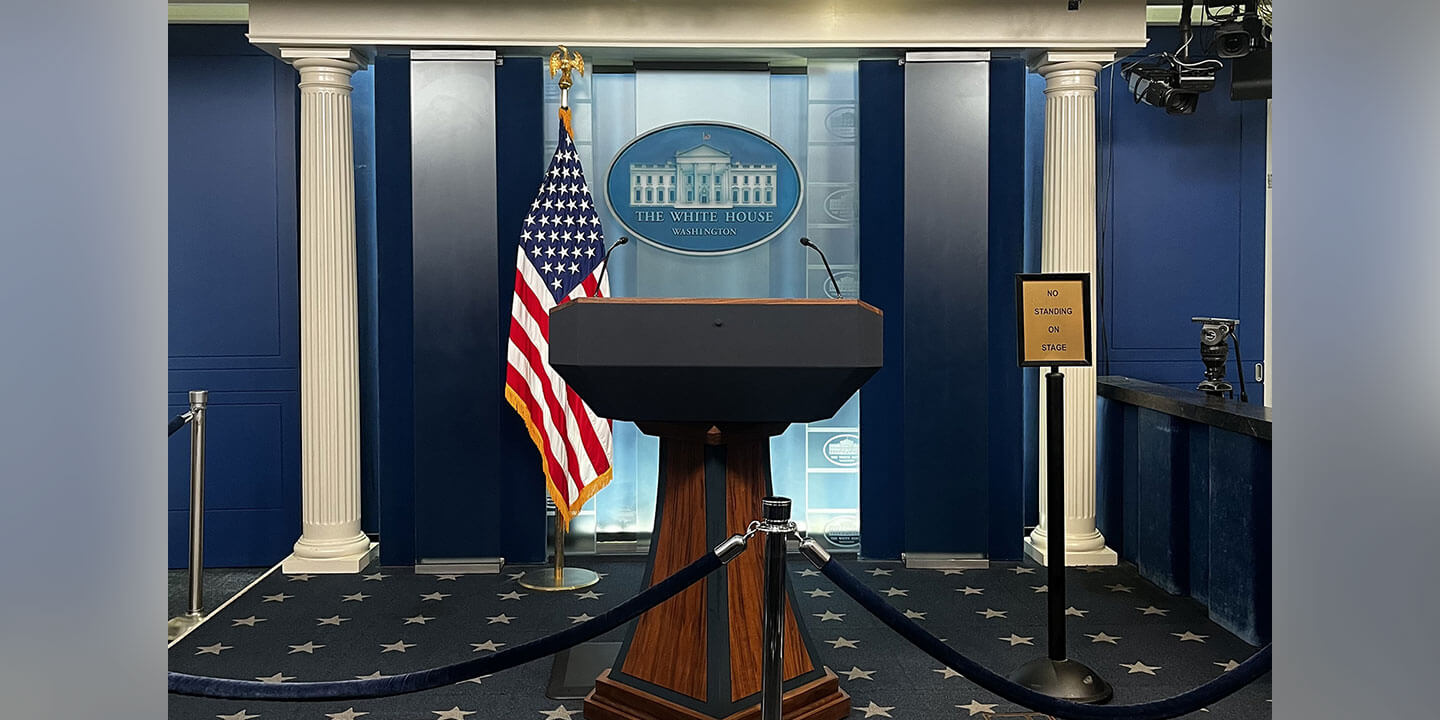
Finding and Securing an Awesome Summer Internship

Most college students have been asked, “do you have any internships lined up?” While internships are certainly not for everyone, they are common among college students. They are a great way to learn about areas you may be working in down the line. Finding and securing an internship is arguably one of the most stressful parts of college. However, it can also be one of the most rewarding parts.
The Search
Often, the hardest part of finding an internship can be the search. This can be a daunting task when you don’t even know where to begin. The easiest place I found to look was simply Google. If you type in, “Summer 2022 Internships in (whatever you are looking for)” there are a ton of results. If something interests you, then apply! You can always turn down interviews later down the line, but you might as well keep your options open. If you have a better idea of what you want to be doing, then skip Google and try searching on LinkedIn or through a job search website through your university. I found that many companies through my school’s portal were more responsive than just cold applying on Google. If you know exactly what you want to be doing, then go directly to your favorite company’s website. Normally, you can navigate to a careers page, where you will be able to see all their open job opportunities and internships. There are many ways to find internships, but I think a combination of all of them is the best strategy.
Resume
Now you have narrowed it down to a few opportunities that interest you. That is great, but how do you go about standing out from all the other applicants? Your resume is vital to securing an interview. It is very important to have multiple people read and edit your resume. One small grammatical error is all a company needs to toss your resume in the trash. Have your parents, grandparents, friends, and professors edit it. My strategy was to have family and friends go over it first to catch the grammatical errors. Once I knew it was free of these errors, I had trusted adults at my university edit it. It is a better use of their time to find ways to improve the content and phrasing of your resume rather than finding grammatical or formatting errors that your family could have caught. The more eyes on your resume, the better.
Interview Process
Finally, the interview process. This is where you get to stand out and show your personality. Interviews are for the interviewer to judge your fit in the company, but also for you to judge whether you want to work for the company. I found that my best interviews were always the ones where I connected with the interviewer. In terms of preparation, repetition is the most important thing. Practice with older students and friends in mock interviews. This will help you get used to speaking about yourself and your experiences. Finally, just be yourself! It is important to ask genuine questions and try to get to know the company. If the role is meant for you, it will naturally work itself out.
The most important thing through the whole process is remaining positive and confident in yourself despite rejection letters. A rejection to a company does not reflect your ability to do an internship. There is a job for everyone out there, it is just a matter of finding the right one. Good luck!
Do you have a compelling story or student success tips you’d like to see published on the Pearson Students blog? If you are a college student and interested in writing for us – click here to pitch your idea and get started!
About the author

Cobe Fatovic
Cobe Fatovic (real name Jacob) is a junior at the University of Florida working towards earning a Bachelor’s and Masters in Finance. Cobe is a member of Beta Theta Pi (Gamma Xi chapter), and is involved with the Founders Fund, UF Real Estate Society, and works as a Pearson Campus Ambassador. He has accepted an internship at Eastdil Secured in Atlanta, FL for Summer 2022. Cobe was raised in Boulder, Colorado where he played soccer and golf in his free time. He also loves to travel and has been to 18 countries. His favorite is Bali, Indonesia.


